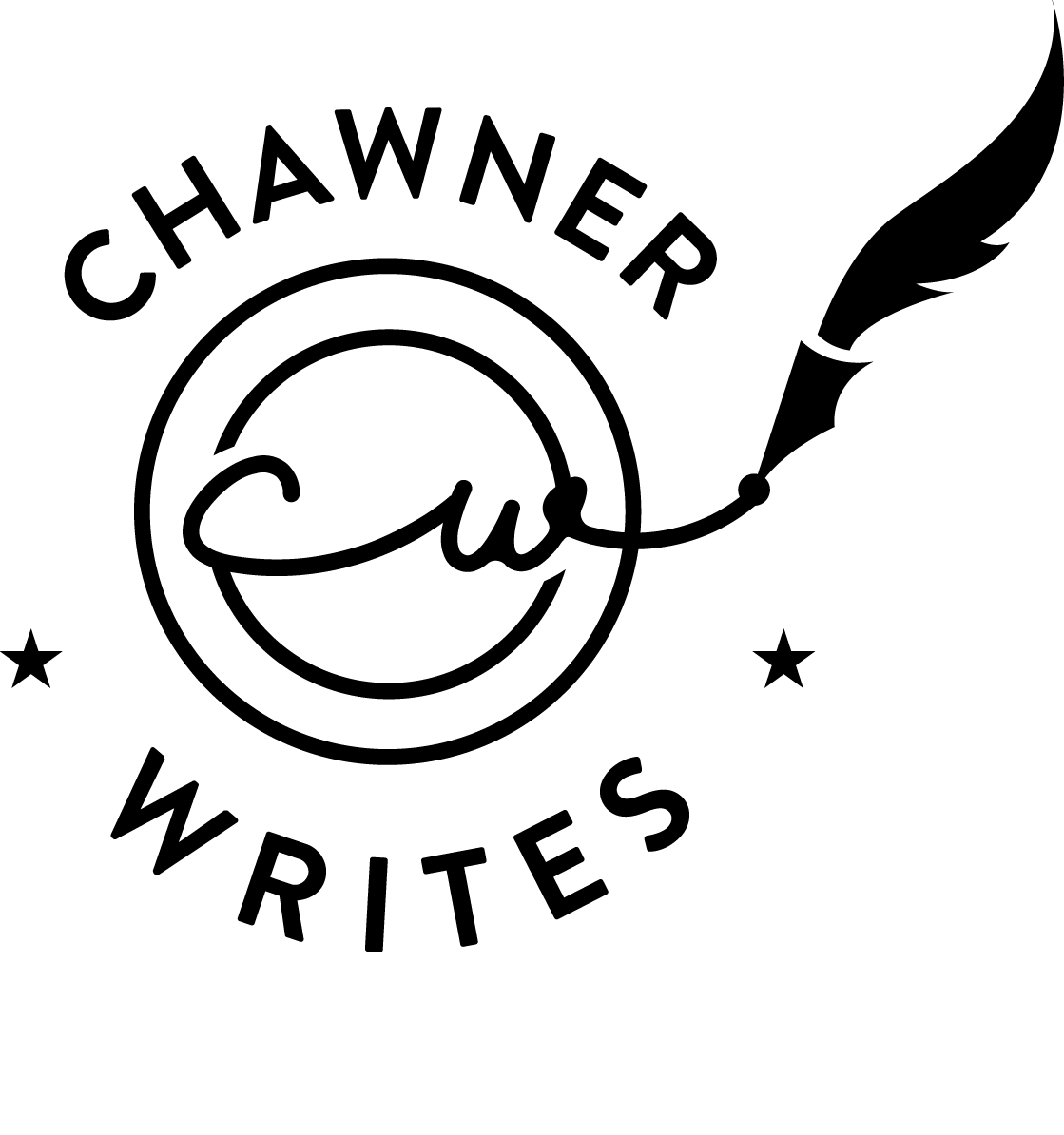
(Apologies to Rage Against the Machine)
Imitation is the greatest form of flattery. One of the many truths I’ve internalized about writing is how much imitation plays an important role in the creative process. This feels wrong, at first. Isn’t copying someone else plagiarism?
Life is gray, as is the line between copying and inspiration. We are hard-wired as students never to quote sources, to read and absorb and write in our own language. Upon entering the business world, my boss told me to copy because no one cared about “that stuff” in the real world. But the creative process is funny. There’s a book called “Steal Like an Artist.” A great podcast, Song Exploder, describes the inspiration behind creating songs. Many of these stories start with taking a beat or a rhythm from another song and playing with it. By the time they release these songs, the pilfered part is un-recognizable… it turned into something new.
Authors do the same. Developing authors copy the prose of another, more famous author. Sofi Bahcall studied small passages of Nabokov every night. I’ve tried this as well… early on, I’d start my writing sessions with ten minutes of copying passage from The Great Gatsby, The Sun Also Rises or Dubliners. I’m not sure these books were useful (Gatsby and Dubliners are written in an old-fashioned way) but it felt good. It forces the examination of sentences and word choice and how these masters jump between dialogue, story-telling, and exposition.
I used Wool by Hugh Howey to discern the rules to follow for backstory and explanation. My copy of that book is dog-eared to the start of Chapter 3… a scene between Holden and his wife, Allison. A transitory scene, not very important to the story. Howey interspersed conversation regarding the surrounding room. These references set the scene and provided the rules for the world (describing their ancient, claustrophobic rooms, computer systems, etc.).
Authors copy themes and stories. How many stories are re-telling of Biblical tales, or legend of King Arthur, but in modern times? This resonates with me; sans an editor, I wandered deeply into un-helpful writing patterns. No exposition or basic descriptions of setting or people were allowed. Everything started en res. The result is stories that read more like screenplays than short stories. I wanted to re-boot this rule set and check back with my favorite authors and see how they handle the mechanics of their writing.
And wow, my favorite authors don’t follow any of these self-imposed rules. Exposition, descriptions of people when they are introduced, backstory, time-shifting… the things I had convinced myself were verboten.
So my new, new plan is to re-read David Mitchell and pay close attention to how he handles voice, exposition, description, and, of course, his intertwined plots. I can’t copy him, per se, as he writes in the first person. I’ve tried, but whenever I do, my characters become super whiny and introspective. And part of his magic as a writer is capturing the voice of the distinct characters (Dutch from the 1800s, old sea captains, musicians from Europe, Horologists, etc.). I won’t ever write as well as Mitchell, but I need to break free from this rut.
